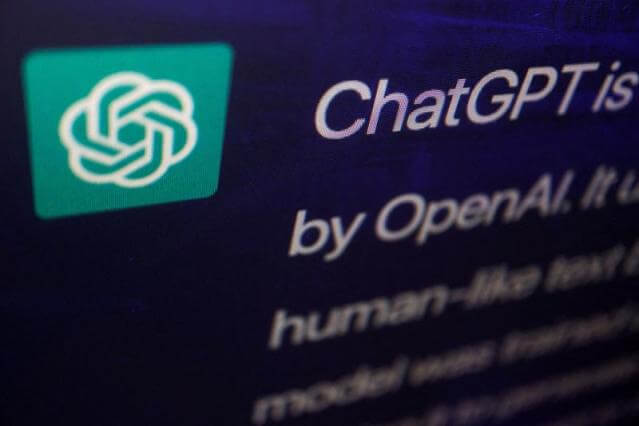The growing reliance on ChatGPT, an AI-powered chatbot program developed by OpenAI, has become a topic of interest, with workers across the U.S. turning to it for assistance in various tasks. Despite concerns raised by companies like Microsoft and Google, a recent Reuters/Ipsos poll revealed that a significant portion of respondents are using ChatGPT in their work routines. This trend has spurred a global discussion among companies on how best to leverage this generative AI technology, which can hold conversations and address a wide array of prompts.
However, this surge in adoption has also been met with apprehension. Security firms and businesses have expressed worries about the potential risks associated with intellectual property leaks and strategy breaches. There are concerns that the use of ChatGPT could lead to unintentional dissemination of sensitive corporate information.
Anecdotal evidence shows that many users employ ChatGPT for tasks like drafting emails, summarizing documents, and conducting initial research. Surprisingly, despite the prevalence of usage, only 22% of respondents in the poll indicated that their employers explicitly sanctioned the use of external AI tools, while 10% reported being explicitly prohibited from using them. Furthermore, 25% of participants were uncertain about their company’s stance on the use of such technology.
ChatGPT’s popularity has grown remarkably since its launch, leading it to become the fastest-growing app in history. However, its widespread adoption has also sparked concerns and controversies, bringing OpenAI into conflict with regulators, particularly in Europe, where data privacy concerns have been raised due to the company’s data collection practices.
One of the key issues is the lack of understanding among users regarding how their data is utilized by generative AI services like ChatGPT. Many of these services are free, leaving corporate users without clear contractual agreements and raising concerns about the assessment of potential risks by businesses.
OpenAI has taken steps to address these concerns, assuring corporate partners that their data will not be used to further train the chatbot without explicit permission. This is an important consideration, especially as other companies employ human reviewers to assess the generated content, potentially exposing proprietary information.
The prevalence of ChatGPT usage spans across various sectors. For instance, a U.S.-based employee of Tinder acknowledged using ChatGPT for tasks like writing emails, even though the company doesn’t officially endorse its use. This trend of unofficial usage is not unique to Tinder, with other companies also reporting similar practices.
Some companies, like Samsung Electronics and Alphabet (Google’s parent company), have taken more restrictive measures due to security concerns. For instance, Samsung temporarily banned its employees from using ChatGPT after sensitive code was uploaded to the platform. Google has cautioned its employees about chatbot usage while promoting its global adoption.
Nonetheless, some businesses have embraced ChatGPT while maintaining a cautious approach. Coca-Cola, for instance, has launched an enterprise version of ChatGPT for productivity enhancement, ensuring that data remains within its firewall. Tate & Lyle, a global ingredients maker, is conducting trials to determine the safe and effective use of the technology in various operational contexts.
Despite its potential benefits, experts emphasize the need for caution. Paul Lewis, the chief information security officer at Nominet, a cybersecurity firm, warns that although the increased capabilities are valuable, security risks must be taken seriously. He cautions against malicious prompts that can manipulate AI chatbots into revealing sensitive information.
the adoption of ChatGPT for workplace tasks is becoming increasingly prevalent, as workers seek efficiency gains in their day-to-day activities. This trend is accompanied by concerns about data security, intellectual property protection, and privacy issues. While some companies are embracing the technology, others are imposing restrictions due to these concerns. Balancing the benefits of AI with potential risks remains a challenge, prompting ongoing discussions on how to harness its capabilities responsibly.





